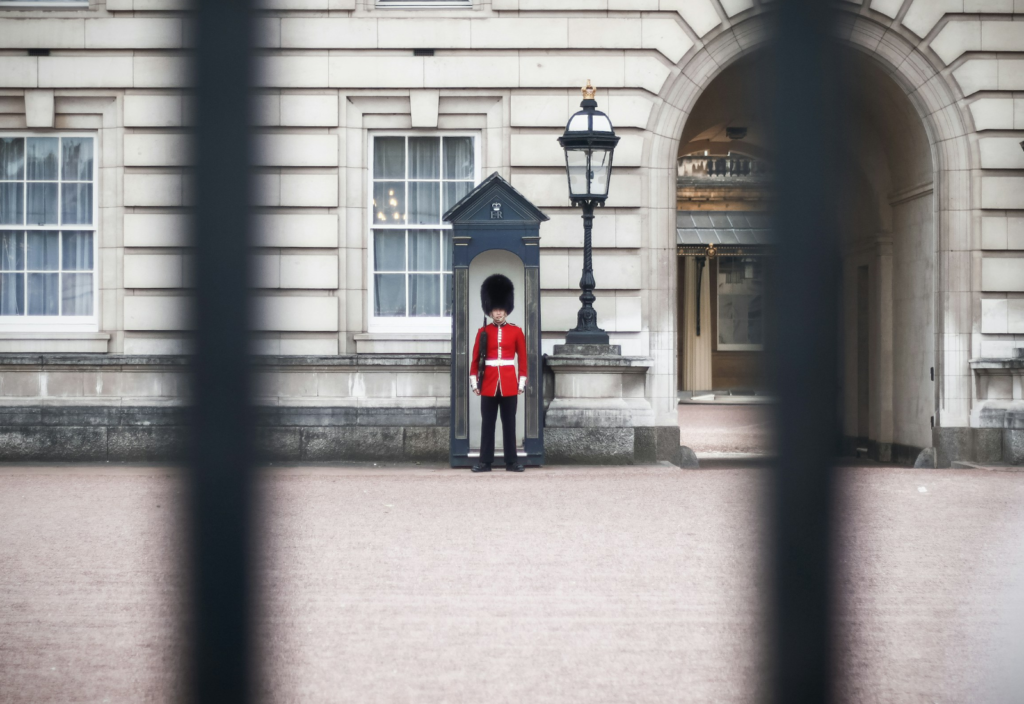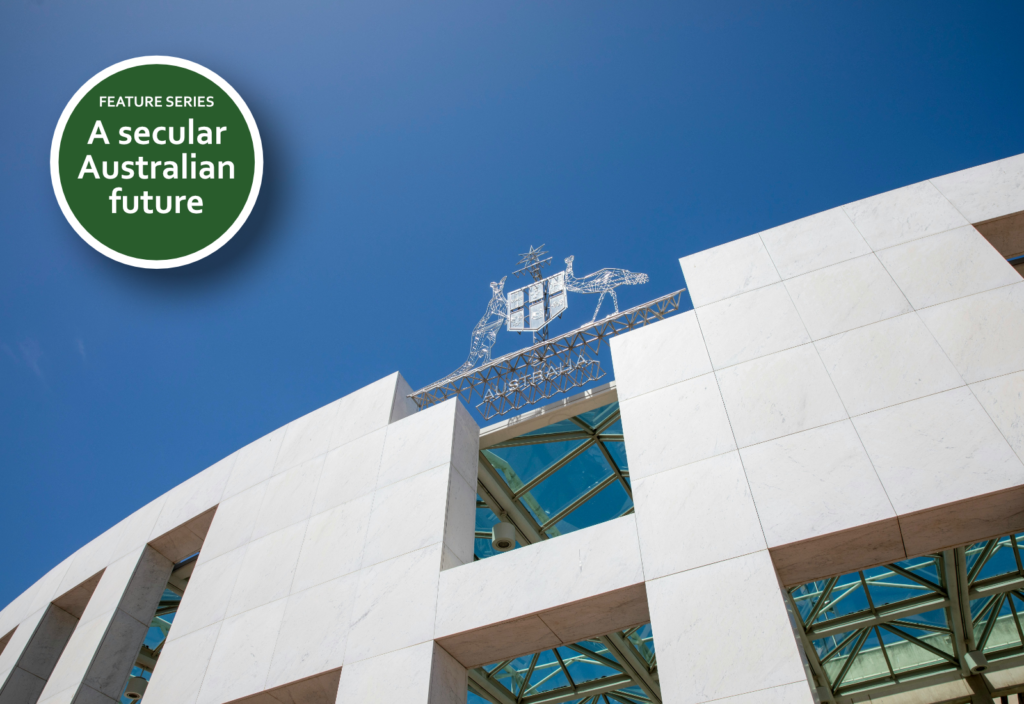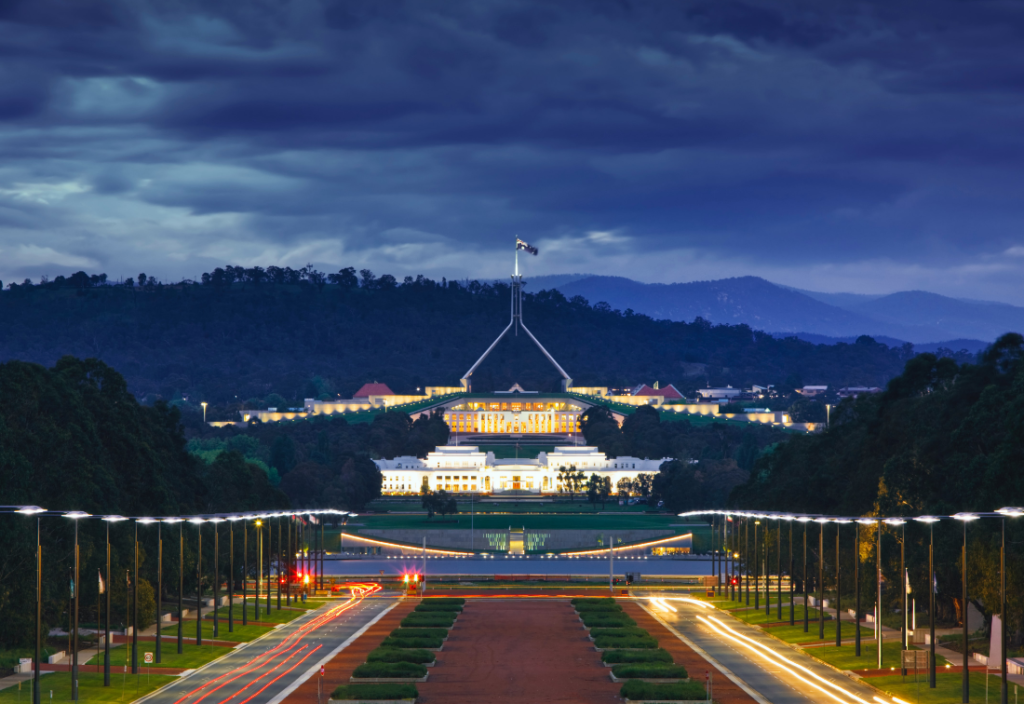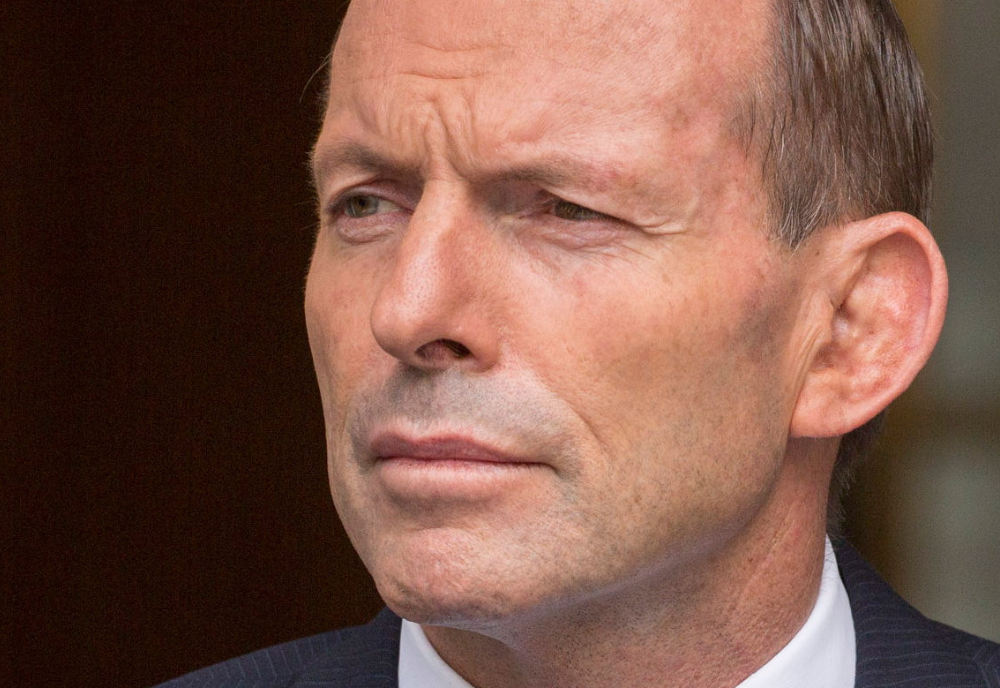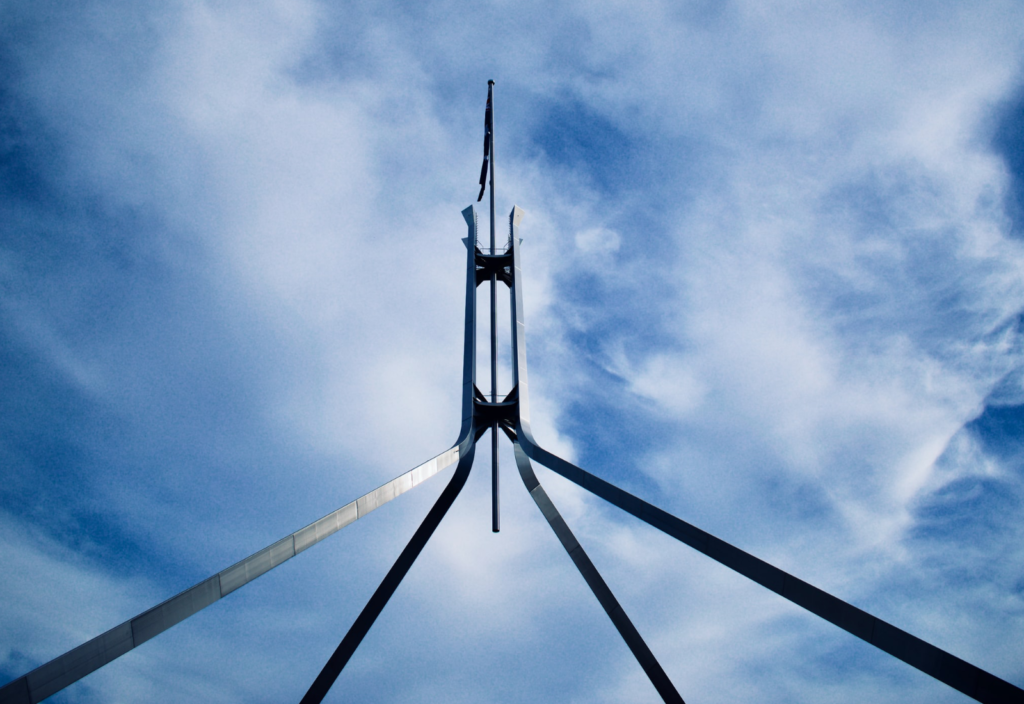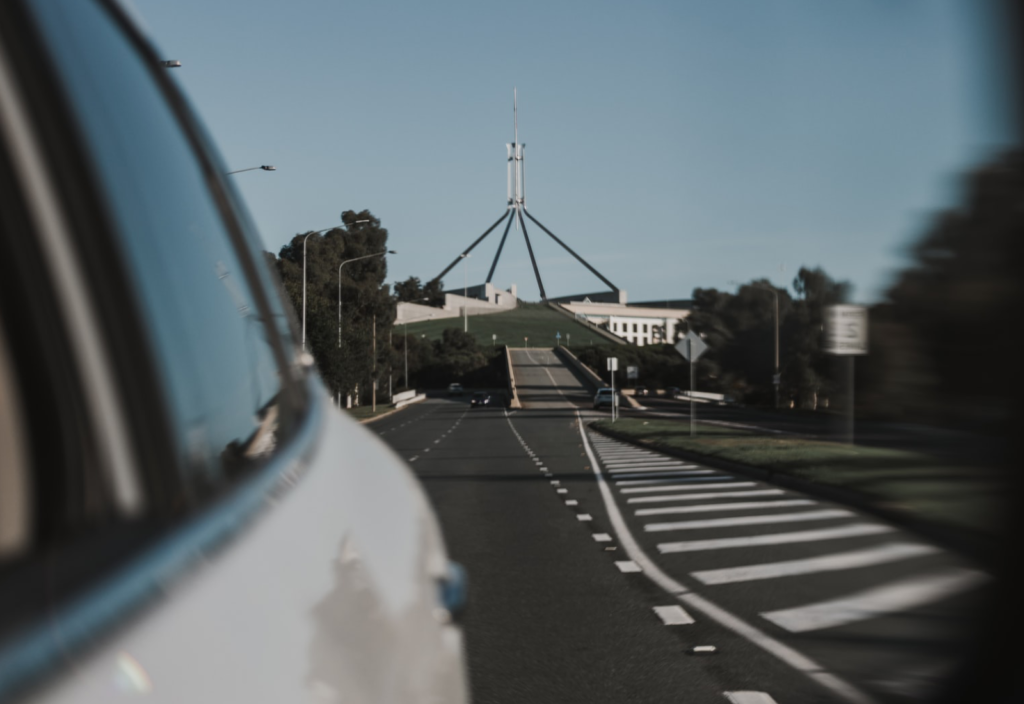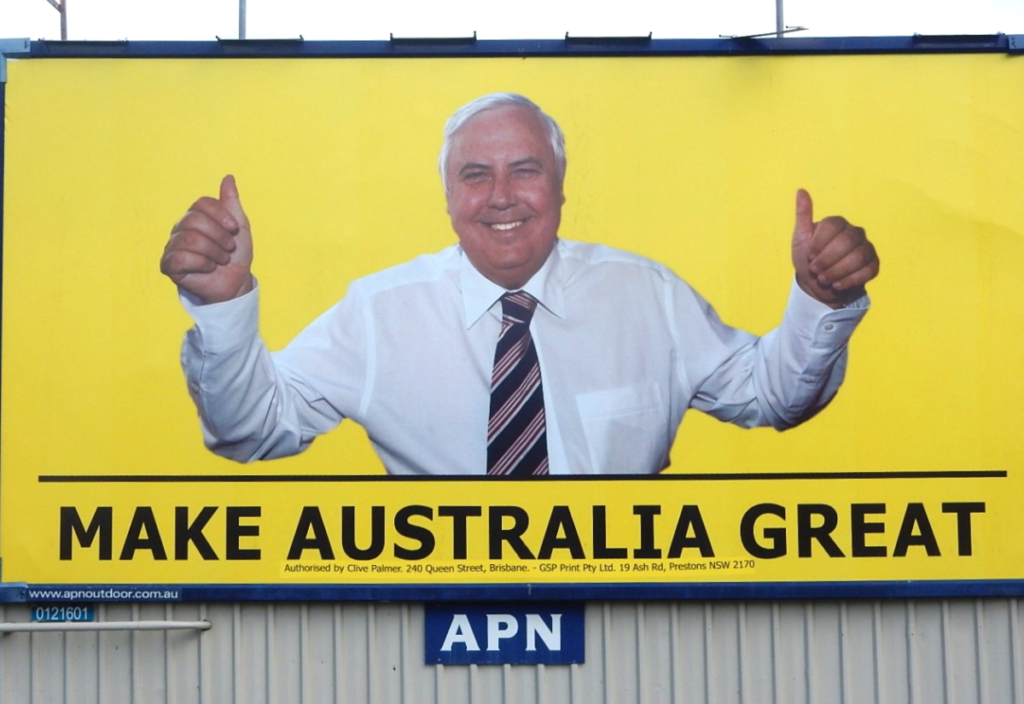As Buckingham Palace recently announced plans for an elaborate year of celebrations to mark the Queen’s Platinum Jubilee, a world away the Australian Republican Movement (ARM) launched a new proposed model for an Australian republic, desperately hoping to reignite the long-debated issue of Australia’s future.
And it appears to be a good and brave proposal.
Not everyone will be happy with ARM’s new model, but there are key changes that are worth looking at if we’re to move beyond the failed 1999 referendum that posed two questions:
- Whether Australia should become a republic with a president appointed by Parliament following a bi-partisan model.
- And whether we should alter the constitution to insert a preamble.
The first significant change in the new model is that the ARM has endorsed the popular election process. This has been questioned by some critics, but it appears to be what the public wants, and we need to be realistic; this debate has no chance of progressing without the support of the voting public.
Importantly, the new model doesn’t prevent the possibility of a political election for head of state where the three major political parties might each endorse one or more candidates.
It does however, contemplate the possibility that this might not occur or that a political consensus might emerge on a single candidate as has happened in Ireland occasionally.
Some six out of 13 Irish presidential terms since 1938 have been by agreement on a single candidate, nullifying the need for a contested vote (though the ARM model suggests a vote should still take place in this scenario – which may be somewhat superfluous and even problematic were the vote to be negative).
Importantly, the term ‘head of state’ is proposed in the new model rather than ‘president’ or ‘governor-general’, and this also seems to be sensibly neutral.
One of the most significant improvements is the requirement of a simple majority of both houses to remove a problematic head of state for misbehaviour or incapacity.
In 1999, the ARM model endorsed the instant dismissal of the head of state by the prime minister without cause. This was understandably controversial, and frankly unacceptable to Australians. The new model counters this while still preserving the prime minister’s authority.
Similarly, the model ensures we never see a repeat of the 1975 Whitlam dismissal in making it clear that a head of state cannot dismiss a prime minister who retains the confidence of the lower house.
This might seem problematic if the Senate is deferring supply of government funding as occurred in 1975 (and the model makes no suggestion to curb this power of the Senate).
However, it’s not uncommon to see this situation in the US when Congress fails to pass funding legislation and the US government faces temporary shutdowns, and while this not ideal, the situation is usually resolved.
There are still some hurdles for the ARM to overcome, not least of which is the popularity of Queen Elizabeth II.
The ARM has suggested a five-year term that’s not synchronised with parliamentary terms, and thus will lead to the cost of extra elections. There are also some questions about what “nomination by a Parliament” may actually mean. If nomination by the lower house must then be approved by the upper house, this may give inordinate power over nominations to parties holding the balance of power.
In that regard, a better number of nominees from the federal Parliament may also be either two or four, as preferential voting could otherwise cause distortions if three nominees run.
The new ARM model has merit, and with the Queen’s increasing frailty, questions about the popularity of Charles as the new King of Australia, and debates about our national identity, it is a prescient time to debate and discuss Australia’s future
This article was originally published on Monash Lens. It is republished under Creative Commons.
Photo by Debbie Fan on Unsplash


